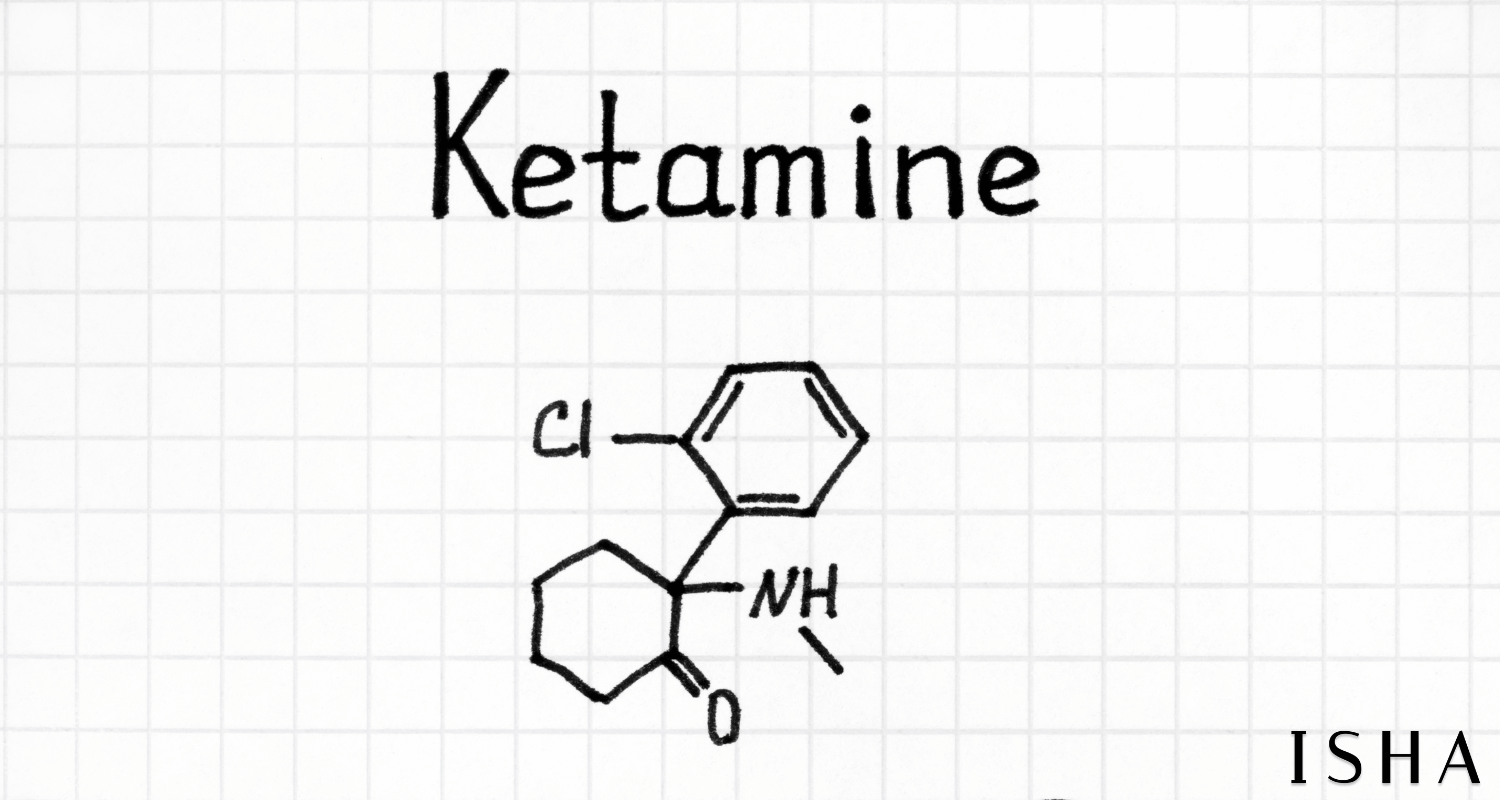Online Ketamine Treatment Available in: AZ, CA, CO, FL, GA, NY, OR, TX, and WA.
Online Ketamine Treatment Available in: AZ, CA, CO, FL, GA, NY, OR, TX, and WA.
FOR PATEINTS
Make an AppointmentpricingOUR TREATMENT APPROACH.png)
Mental Health
November 27, 2023
November 30, 2023
In recent times, lithium has gained significant attention due to its role in the production of batteries for electric vehicles. However, long before it powered our cars, lithium held a unique position in the world of psychotropic medications. Its journey from being used to treat gout to becoming a cornerstone in the treatment of bipolar disorder is marked by serendipitous discoveries, controversies, and shifts in psychiatric practice. In this blog post, we will delve into the intriguing history of lithium as a psychiatric medication and explore its current status in mental health treatment.
The Early Days of Lithium: Lithium's association with mental health treatment can be traced back to the mid-19th century when it was used to treat gout. London internist Alfred Baring Garrod's investigation of uric acid in the blood led to the exploration of lithium as an antigout agent. By the 1930s, various lithium-containing products were being marketed for kidney stones and uric acid-related conditions.
The First Psychiatric References: In the realm of psychiatry, the first references to lithium emerged in the late 19th century. Philadelphia neurologist Silas Weir Mitchell recommended lithium bromide for various nervous conditions in 1870. In 1871, William Hammond, a New York-based physician, became the first to propose lithium for the treatment of mania. However, this early use of lithium in psychiatry did not gain widespread recognition, and its psychiatric potential remained largely forgotten for decades.
John Cade's Discovery: The modern discovery of lithium's psychiatric potential is attributed to Australian psychiatrist John Cade, who, in 1949, introduced lithium for the treatment of mania. Cade's pioneering work went relatively unnoticed at the time, but it laid the foundation for further research into lithium as a treatment for bipolar disorder.
Erik Stömgren's Breakthrough: In 1952, Danish psychiatrist Erik Stömgren suggested a controlled study of lithium for mania. This marked a breakthrough, as it demonstrated lithium's efficacy in managing acute mania. Controlled trials and research studies followed suit, solidifying lithium's position as a powerful tool in the treatment of manic depression.
Lithium's Journey to the United States: While lithium's potential was recognized internationally, its introduction to the United States was relatively delayed. American interest in lithium therapy began in the 1960s, and researchers like Samuel Gershon and Arthur Yuwiler played pivotal roles in its adoption. The National Institute of Mental Health supported numerous studies on lithium during this period.
FDA Approval and Beyond: Lithium's path to FDA approval in the United States was not without obstacles. In 1970, the FDA approved lithium as a treatment for manic depression, making it the 50th country to do so. Subsequent studies explored its prophylactic use in depression, further establishing its efficacy.
The Decline in Lithium Prescription: Despite its proven effectiveness, the prescription of lithium in the United States has declined in recent years. This shift can be attributed to the emergence of alternative mood stabilizers and economic factors. Valproate (Depakote) gained FDA approval in 1995, marking a significant shift away from lithium in psychiatric practice.
Lithium's journey in the realm of mental health treatment is a fascinating tale of discovery, recognition, and controversy. Despite being the most effective treatment for bipolar disorder, its use has declined in the United States. While economic factors may have played a role in this decline, it is essential to recognize the enduring importance of lithium in psychiatric care. As we navigate the changing landscape of mental health treatment, we should not forget the profound impact that lithium has had and continues to have on the lives of individuals with bipolar disorder.
Get the latest insights on psychedelic therapy, mental health, and innovative treatments—straight to your inbox.
Sign up
for the
Isha Health
Newsletter
More on
Mental Health
This website has been reviewed by Isha Health California, P.C. and should not be used as medical advice in place of a licensed psychiatric clinician.
IN CASE OF EMERGENCY:
If you are in a life-threatening situation, don’t use this site. Call, text, or chat 988 or 1-800-273-TALK (8255), or use these resources to get immediate help.



.png)

.png)
.png)
.png)
.png)
.png)






.png)
.png)
.png)
.png)









.png)




.png)
.png)
.png)



.png)










.png)
.png)





.png)



.png)



.png)
.png)
.png)
.jpg)

.png)
.jpg)
.png)
.png)

.jpg)

.png)
.png)
.png)

.png)




%202.png)
.png)



.png)
.png)
.png)
.png)
.png)
.png)